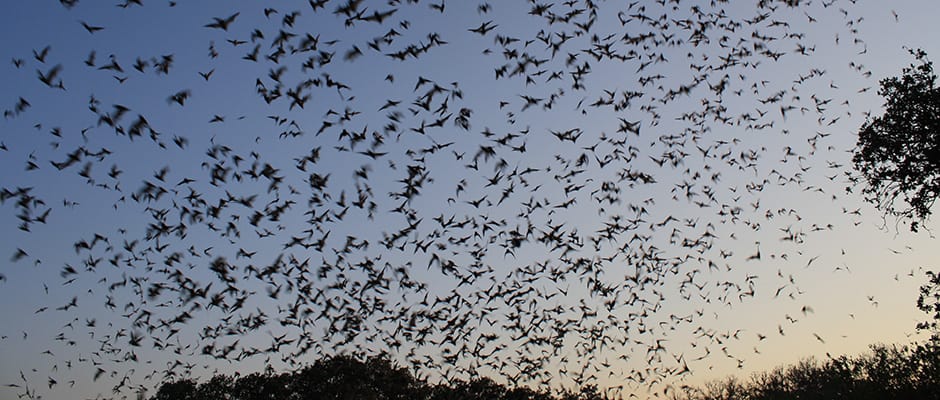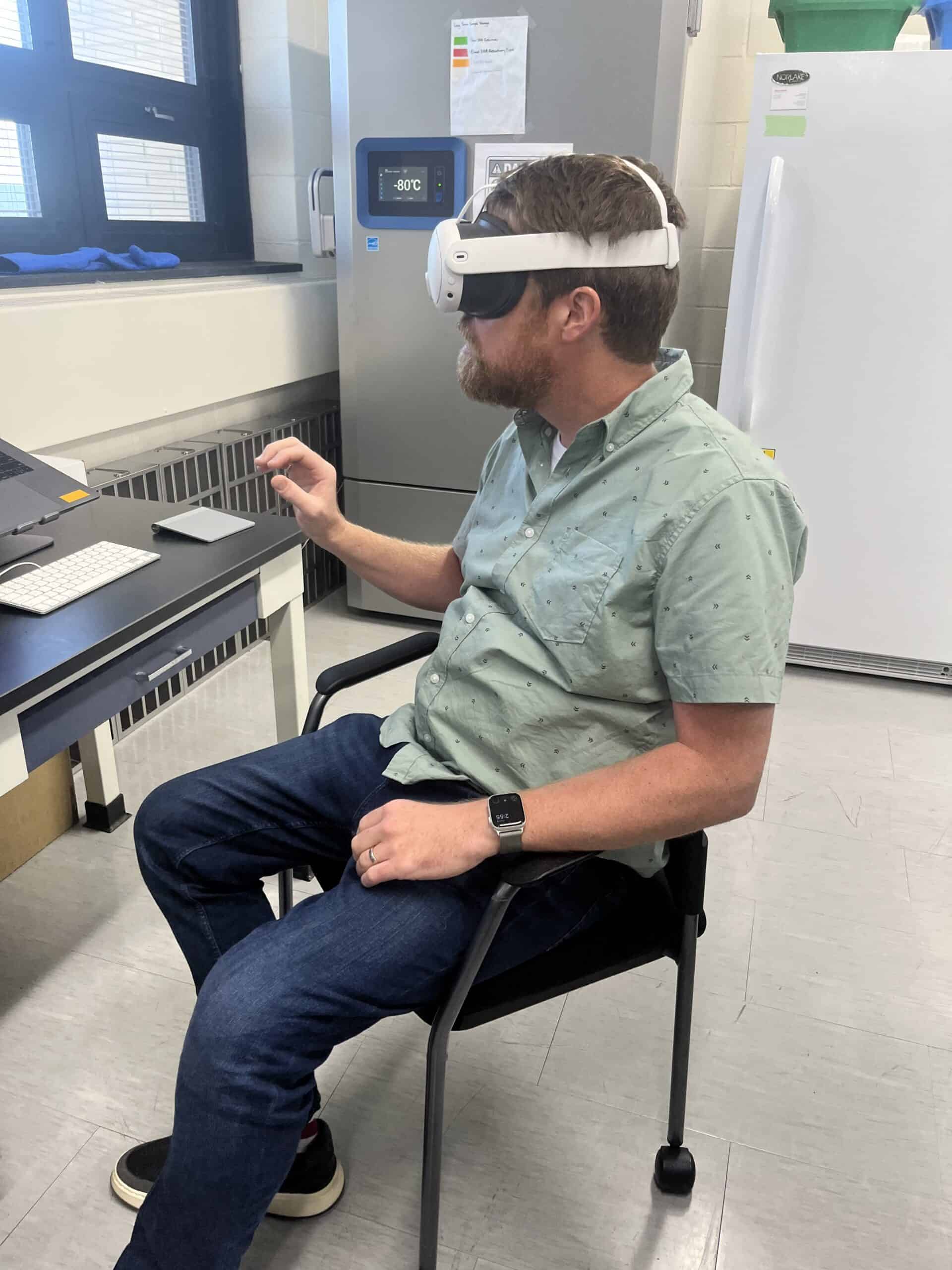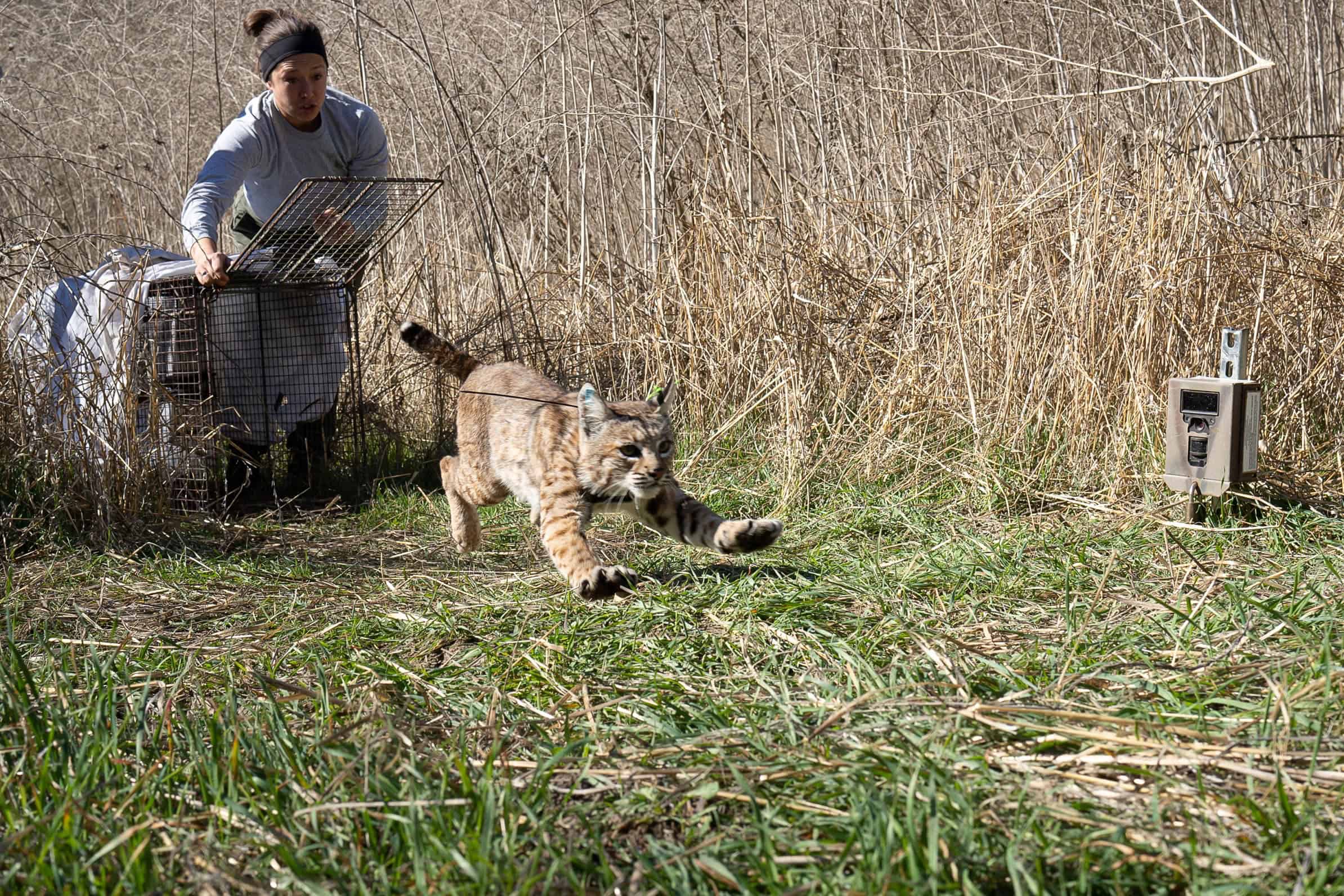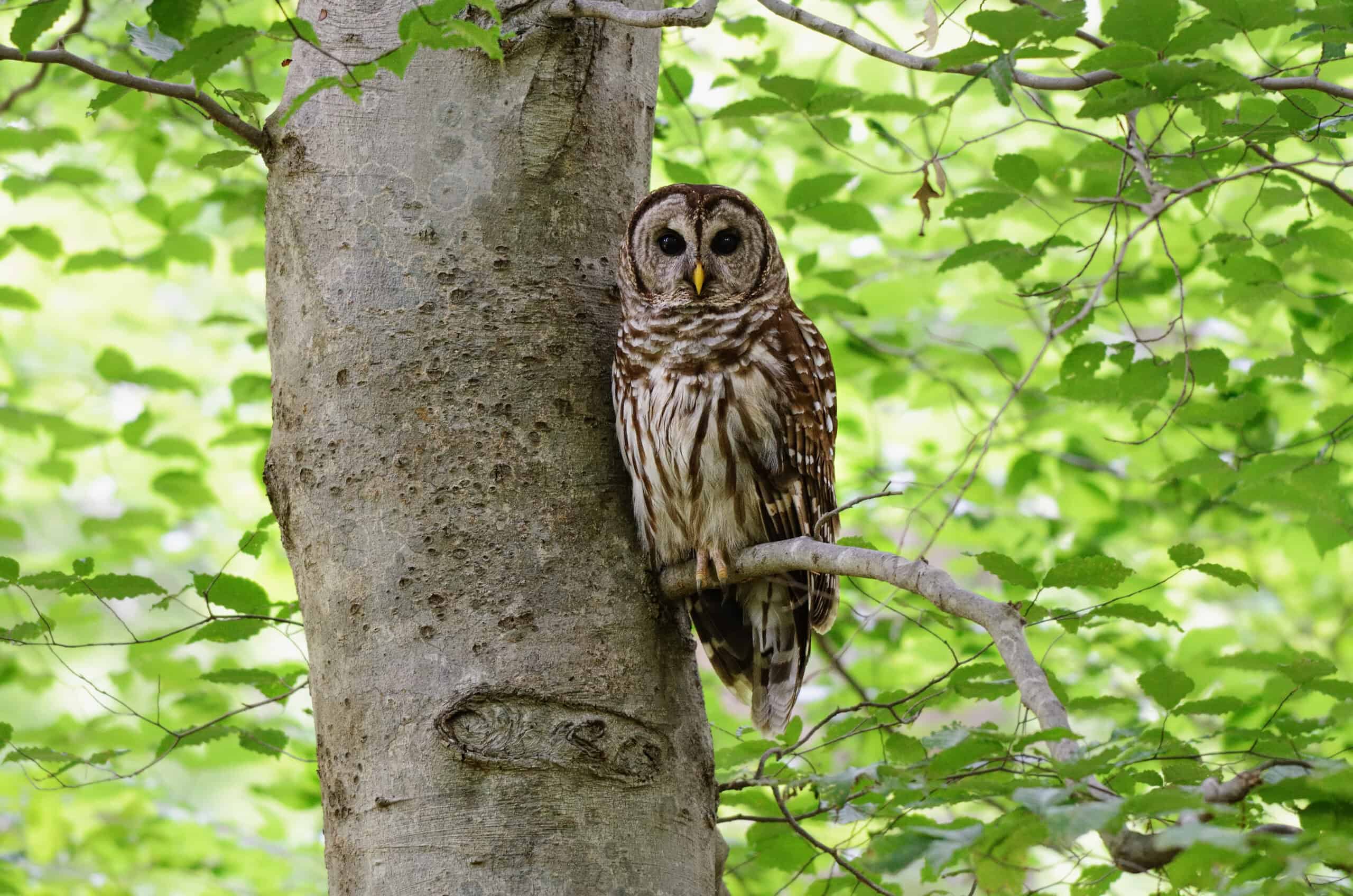Share this article
World’s Largest Bat Colony Saved by Land Deal
Just outside of San Antonio, Texas, resides the world’s largest bat colony. Approximately 20 million migrating Mexican free-tailed bats (Tadarida brasiliensis) roost in Bracken Cave every summer, but urban sprawl and accompanying light pollution threatened their habitat, until now.
Last month, the Nature Conservancy of Texas and Bat Conservation International—with help from other groups including the city of San Antonio and the Department of Defense—purchased a swath of undeveloped and unprotected land adjacent to the cave for $20.5 million, ending a developer’s plans to construct 3,500 homes on the property and ensuring the skies around the cave remain dark.
Bracken Cave’s Mexican free-tailed bats comprise nearly one-fifth of the species and play an important ecological role. At summer’s peak, the colony consumes 140 tons of insects each night, saving farmers $23 billion in reduced crop damage and pesticide use, according to the Nature Conservancy. “The emergence of these millions of bats, as they spiral out of the cave at dusk for their nightly insect hunt, is an unforgettable sight,” said Andrew Walker, executive director of Bat Conservation International in a press release. “The protection of [this land] helps ensure this centuries-old wildlife habitat will continue to provide a safe home for one of the region’s most unique and important inhabitants.”
The 1,521 acre plot—called Crescent Hills—will serve as a buffer between the cave, which sits on the edge of a nature preserve, and surrounding suburbs. Protecting the land also has added conservation benefits: Crescent Hills serves as a habitat for federally endangered golden-cheeked warblers (Dendroica chrysoparia) that only nest in the Texas Hills Country, and lies within the Edwards Aquifer Recharge Zone, which provides drinking water for nearly two million Texans, including the entire city of San Antonio. “Our collective efforts have resulted in a trifecta of conservation success for the entire region by safeguarding Bracken Bat Cave, preserving important habitat for warblers, and safeguarding Texas’ most valuable resource—clean, fresh water,” said Laura Huffman, Texas state director of The Nature Conservancy.
The Nature Conservancy will manage the newly-acquired land and plans to create hiking trails and public bat-watching events.
Header Image: Image Credit: Ann Froschauer, USFWS








